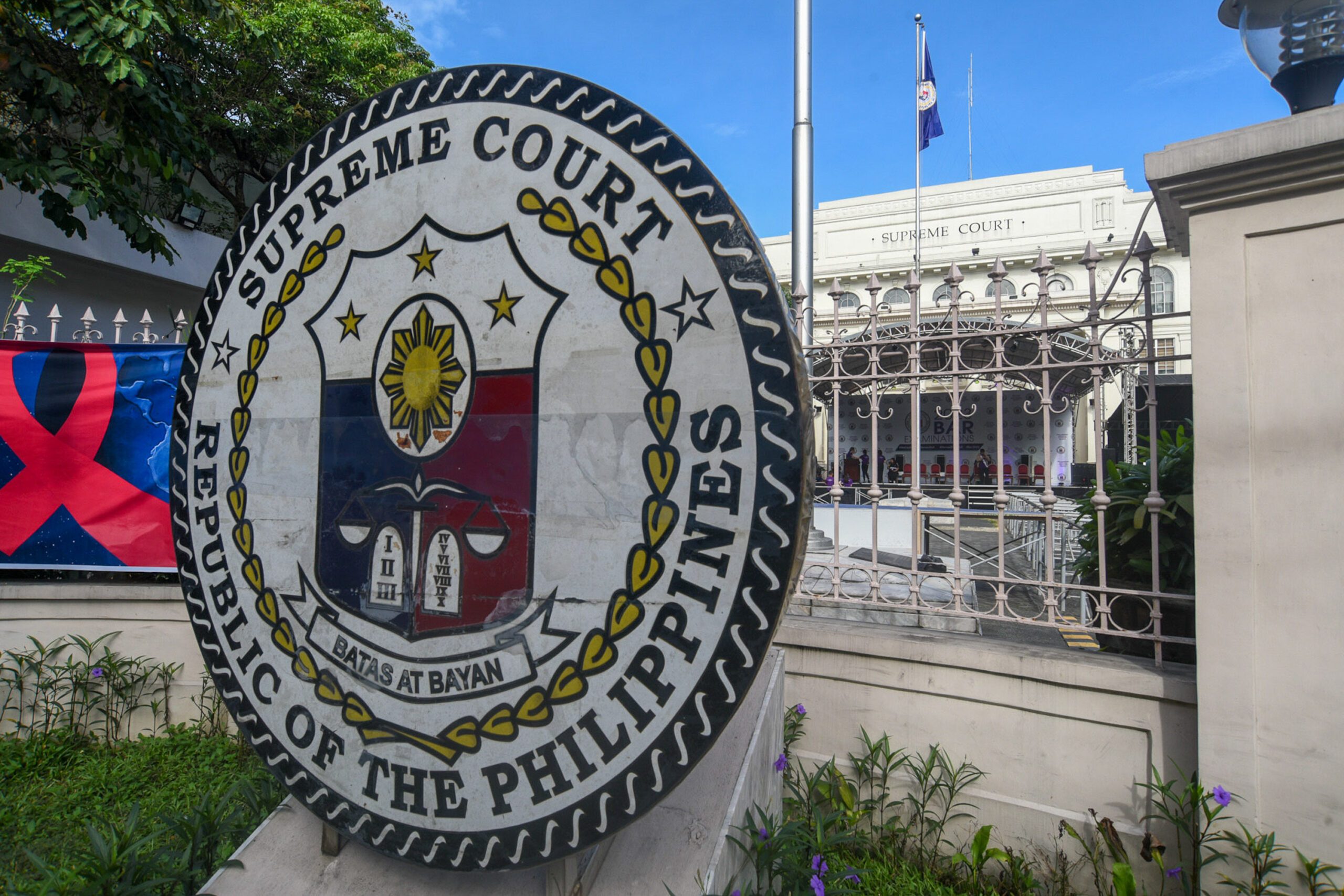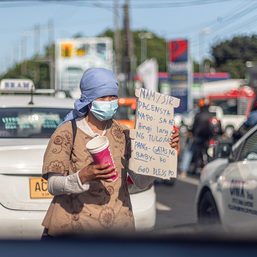SUMMARY
This is AI generated summarization, which may have errors. For context, always refer to the full article.

MANILA, Philippines – The Supreme Court (SC) has ruled that it is illegal to dismiss an employee on the grounds that he/she tested positive for human immunodeficiency virus (HIV).
This ruling stemmed from a decision penned by Associate Justice Alfredo Benjamin Caguioa involving an overseas Filipino worker (OFW), AAA, who was discriminated for his/her health status. The High Court’s 3rd Division ruled that AAA was illegally dismissed from his/her work, thus entitled to salaries “for the unexpired portion of his employment contract and moral and exemplary damages.”
In the decision, the SC reiterated that section 49(a) of Republic Act (RA) No. 11166 or the Philippine HIV and AIDS Policy Act bars employers from firing their employees over their HIV status. With this, the High Court said there was no valid reason to terminate AAA’s employment.
AAA worked as an OFW in Saudi Arabia, and under the country’s law, people who tested positive for HIV were prohibited from working. But in the ruling, the SC said RA No. 11166 superseded this.
“Further, if the foreign law stated in the employment contract contradicts Philippine law, morals, good customs, public order, or public policy, then Philippine law shall apply,” the High Court said.
AAA flew to Saudi Arabia in October 2017 to work as a cleaning worker under a two-year contract with recruitment agency Bison Management Corporation. Almost two years later, in January 2019, AAA underwent medical exam and found out he/she tested positive for HIV.
With this, AAA was fired by his/her foreign employer, citing Saudi Arabian law. AAA was later repatriated back to the Philippines.
This prompted AAA to file a complaint for illegal dismissal, which was later dismissed by the Labor Arbiter. AAA brought the case to the National Labor Relations Commission (NLRC), which reversed the Labor Arbiter’s ruling and held Bison, its president, and its foreign recruitment agency Saraja Al Jazirah Contracting Est, liable for illegal dismissal.
Later, the Court of Appeals affirmed the NLRC’s decision, prompting Bison to bring the case to the High Court. – Rappler.com
Add a comment
How does this make you feel?





![[OPINION] Unpaid care work by women is a public concern](https://www.rappler.com/tachyon/2024/07/20240725-unpaid-care-work-public-concern.jpg?resize=257%2C257&crop_strategy=attention)




There are no comments yet. Add your comment to start the conversation.